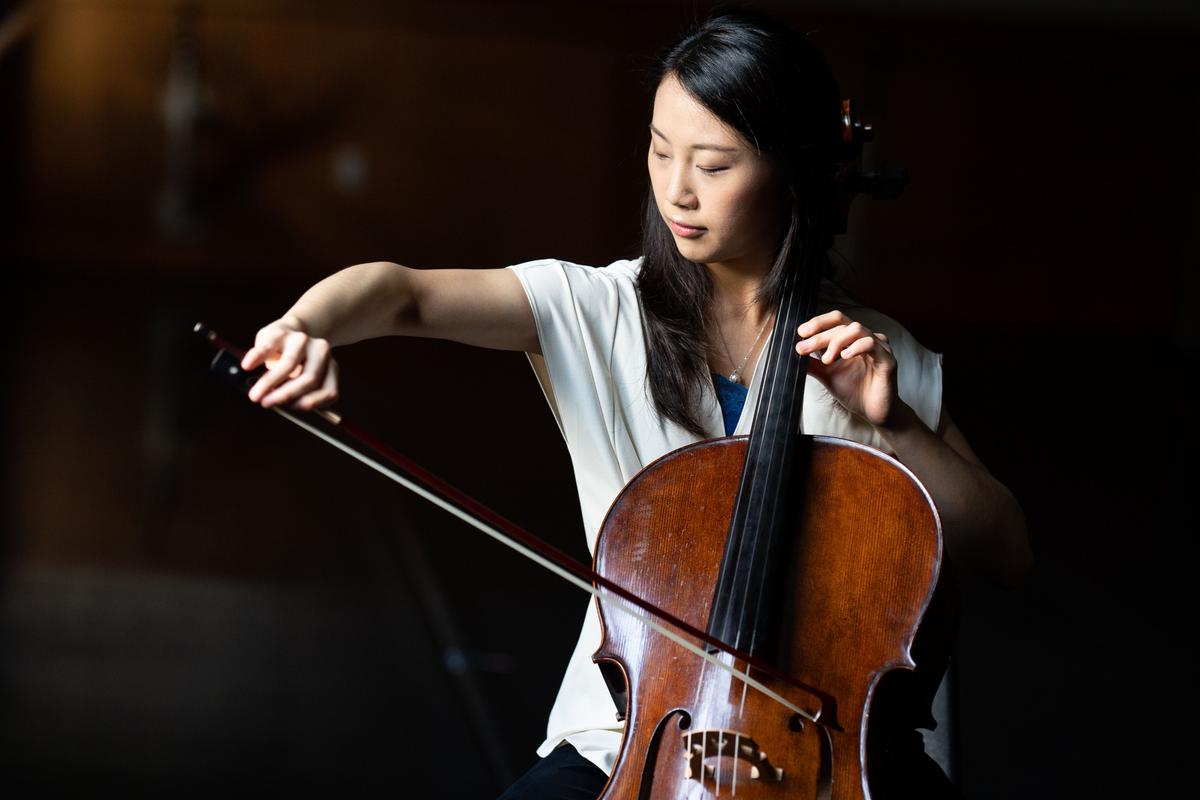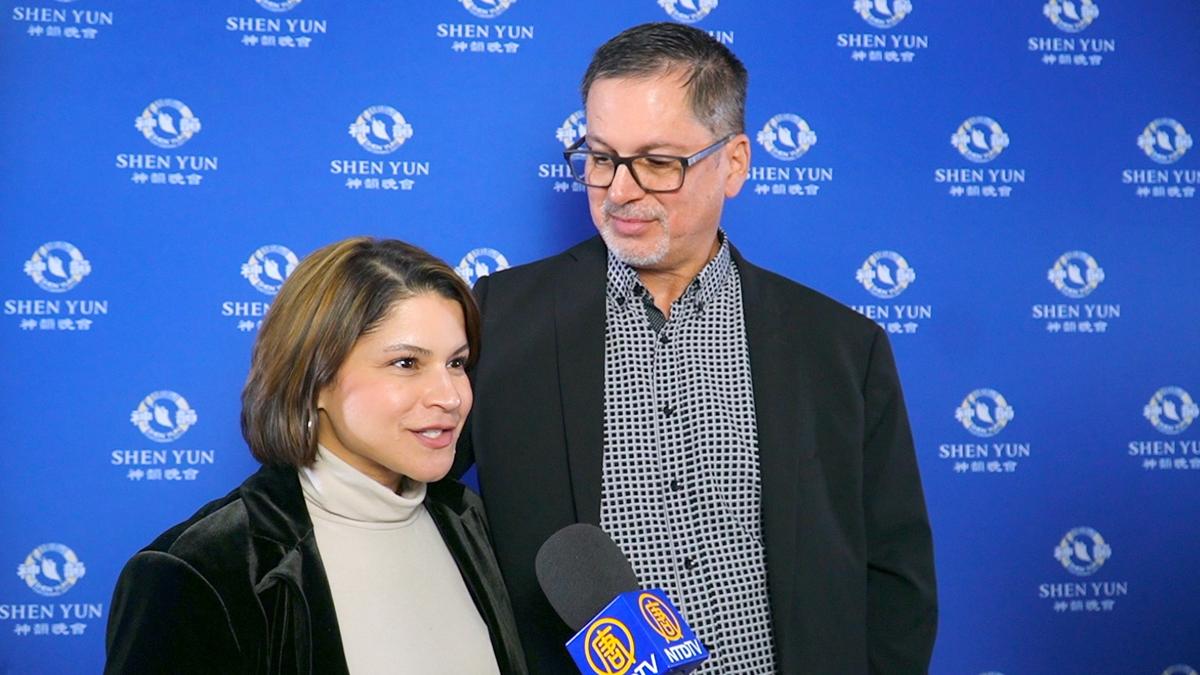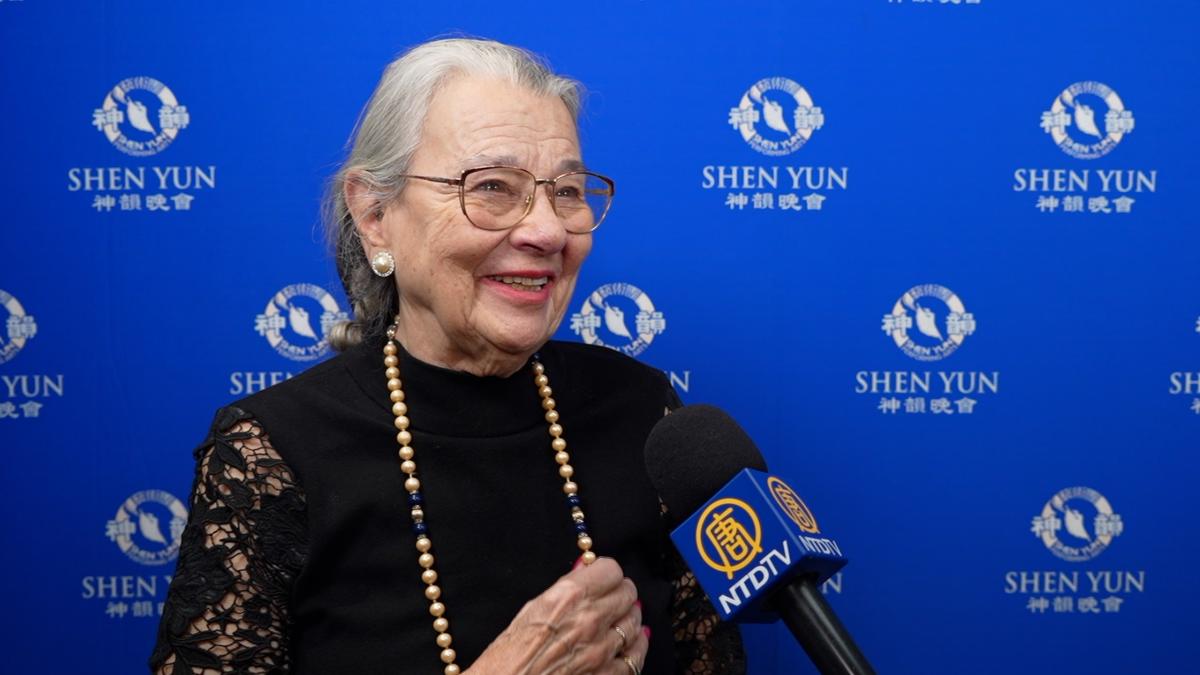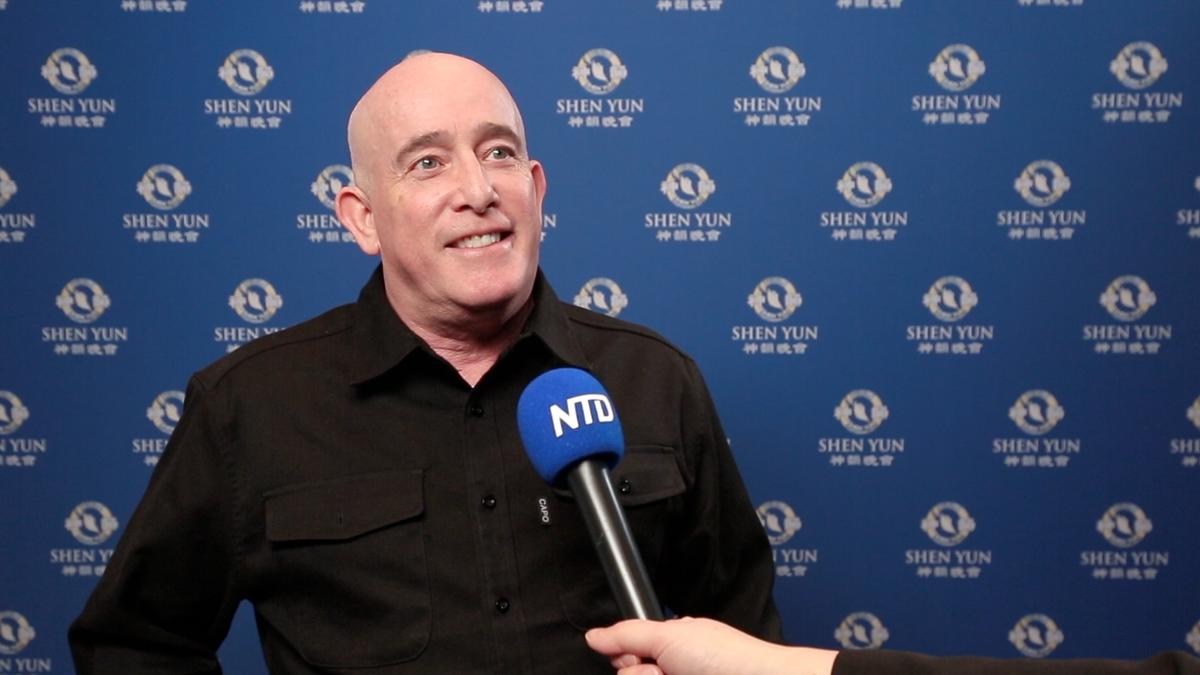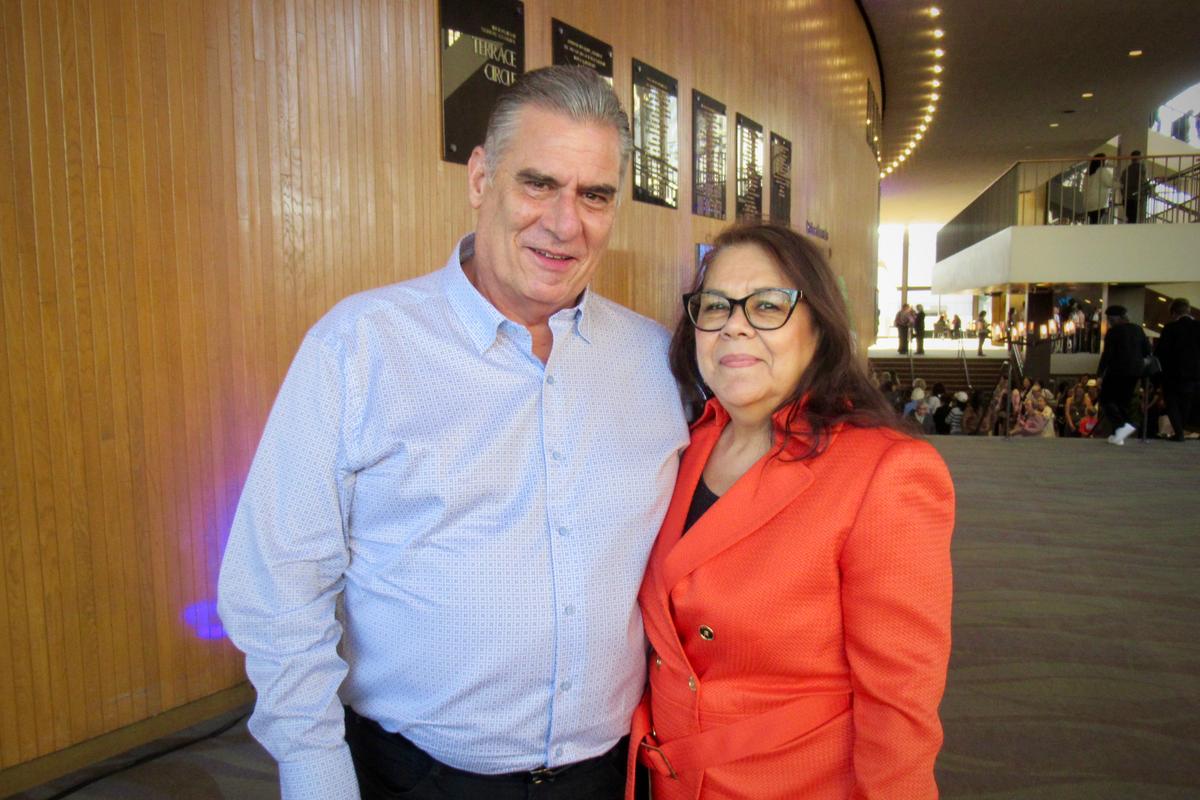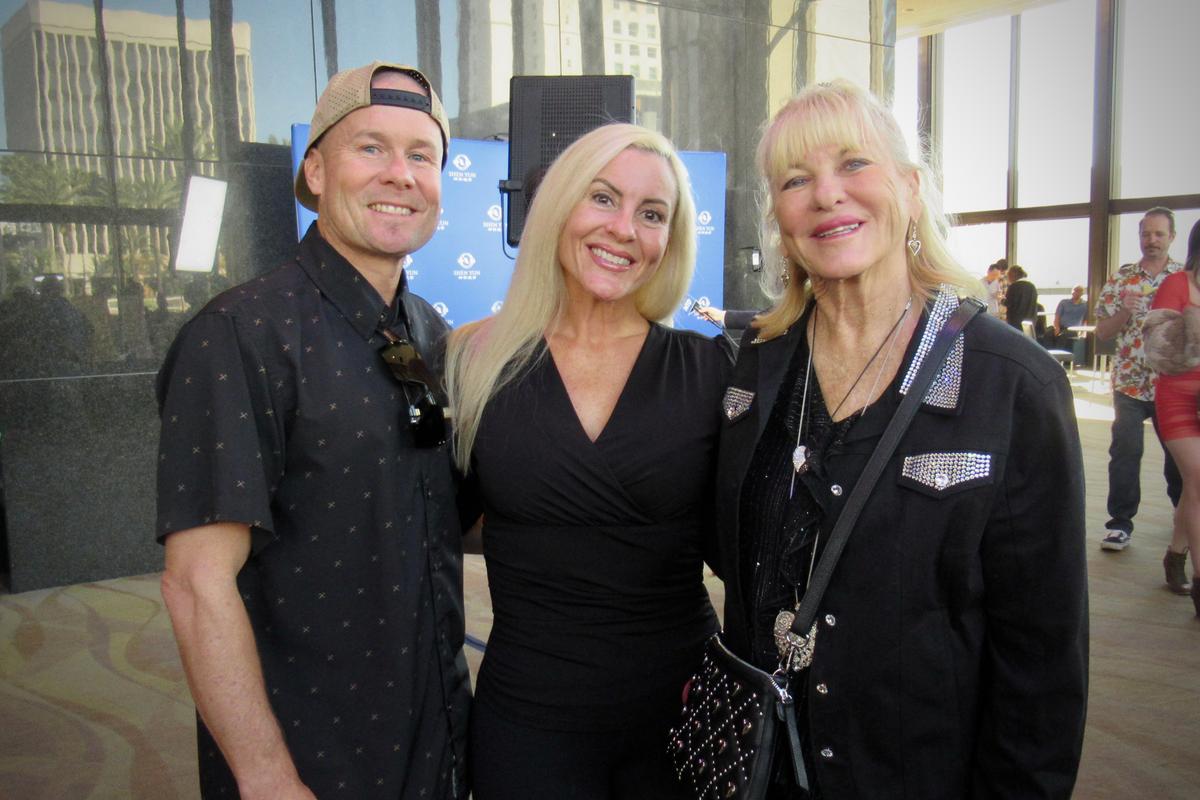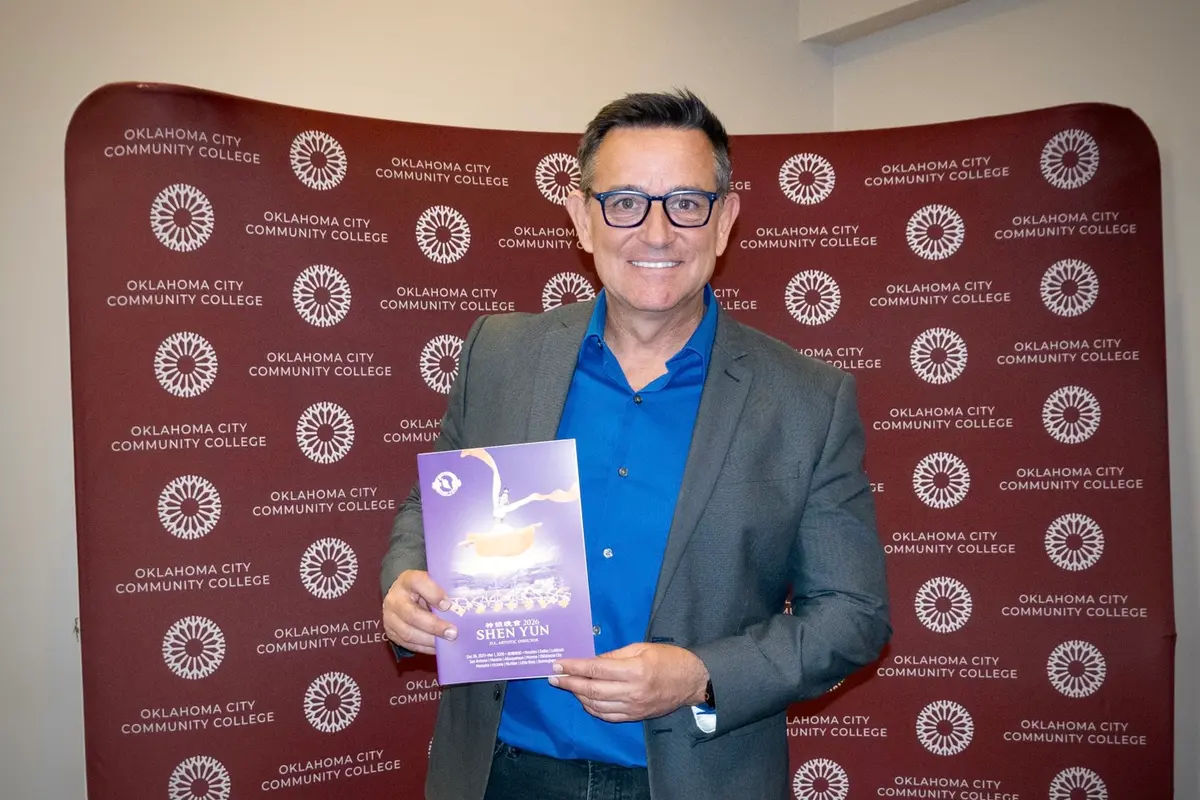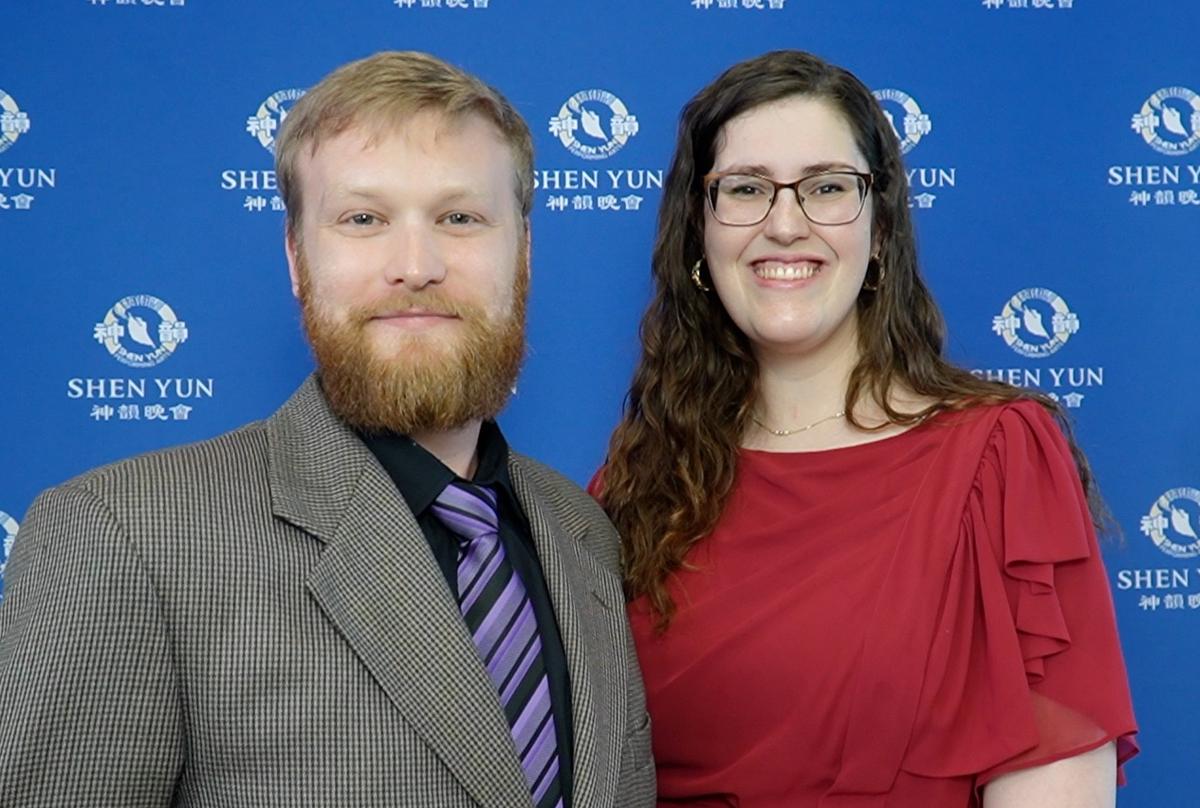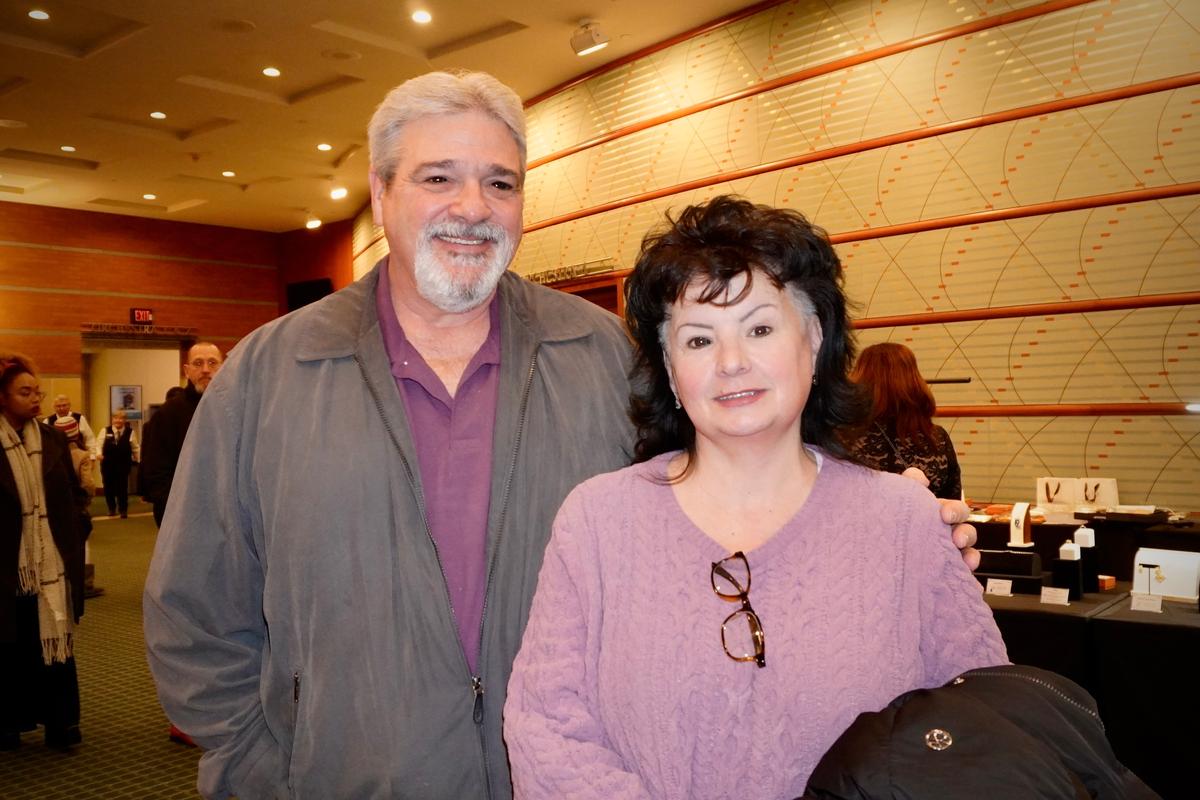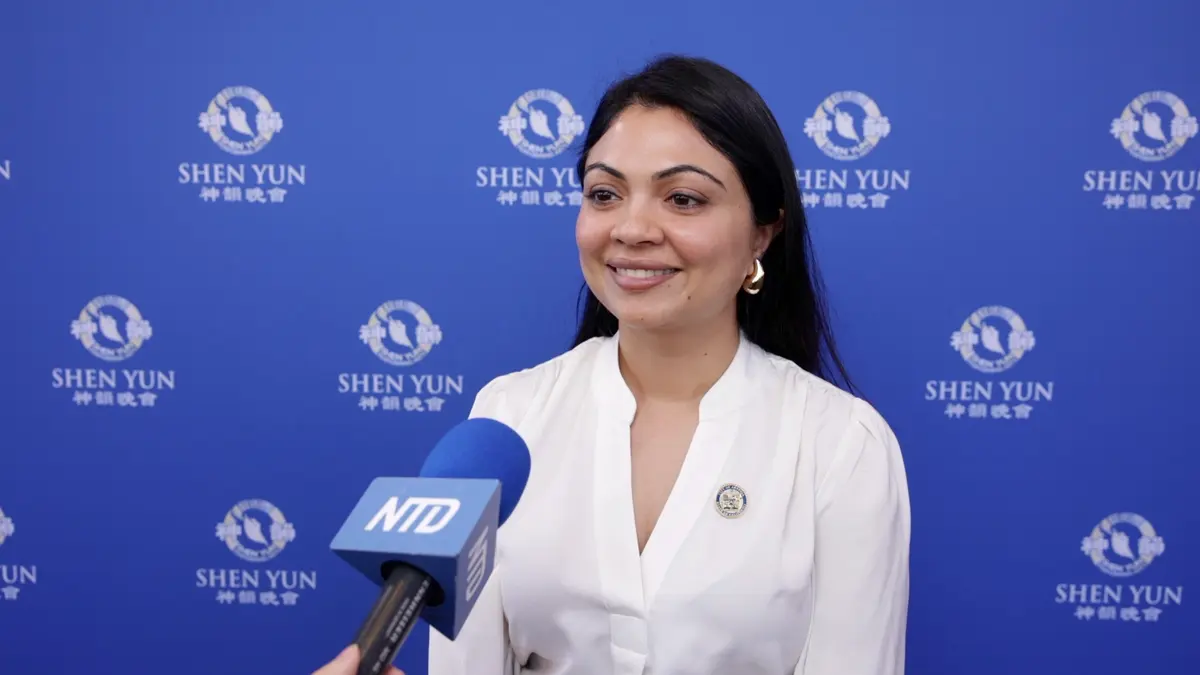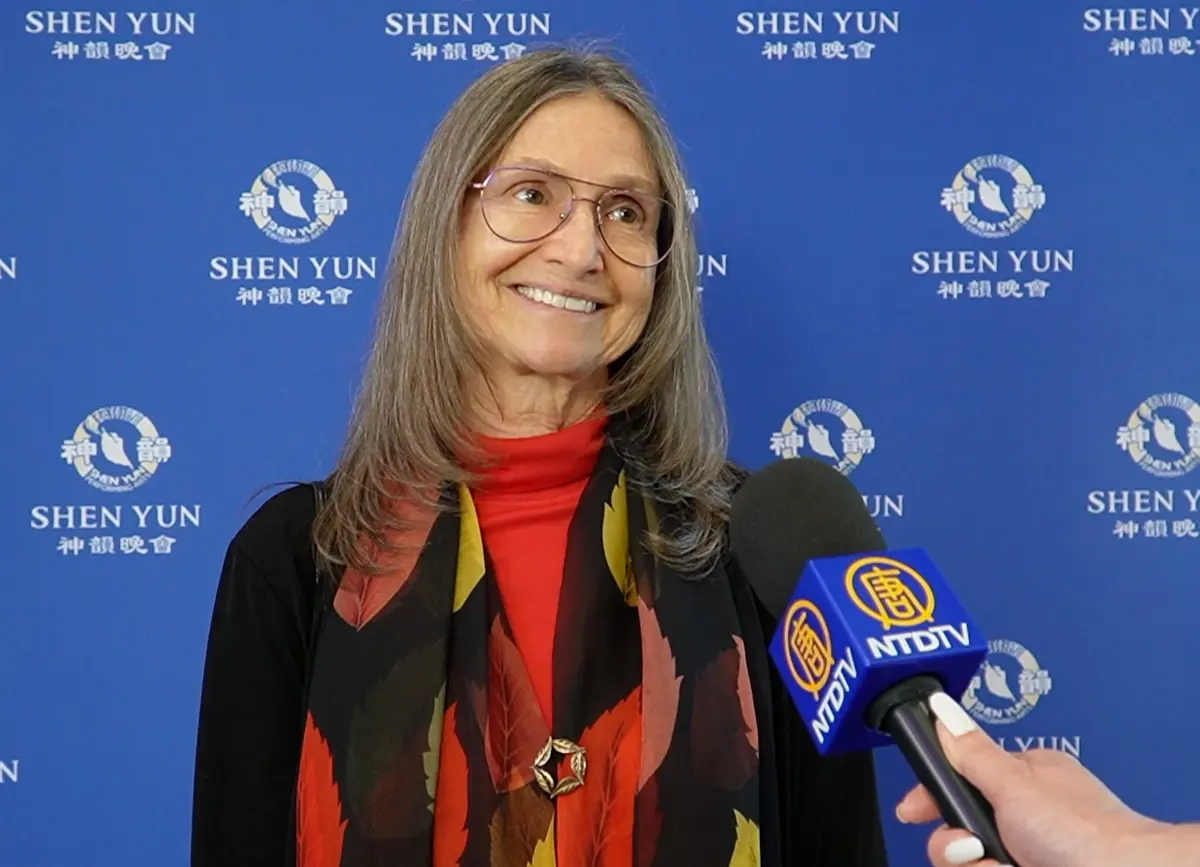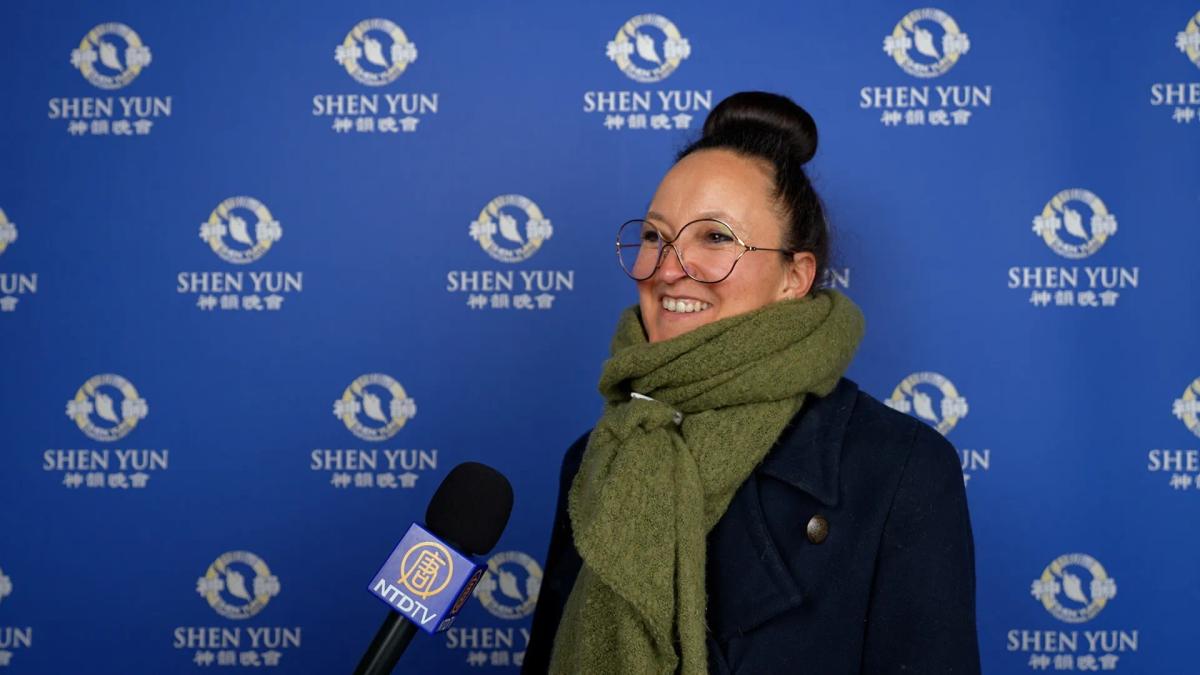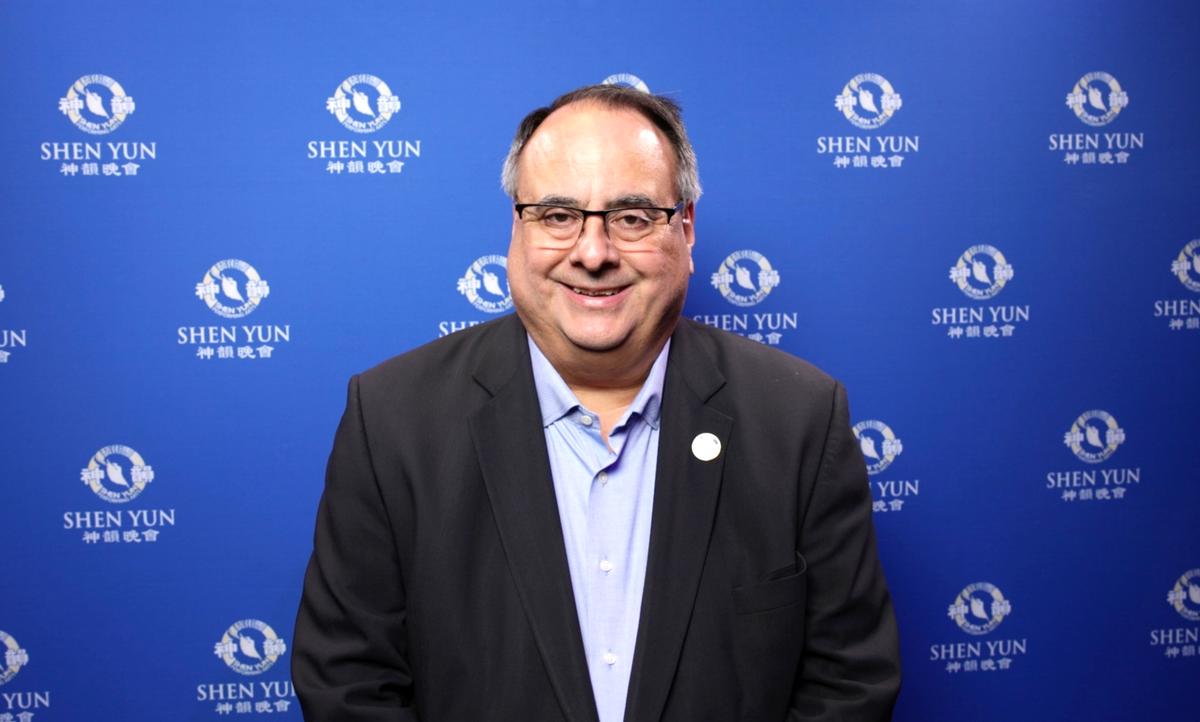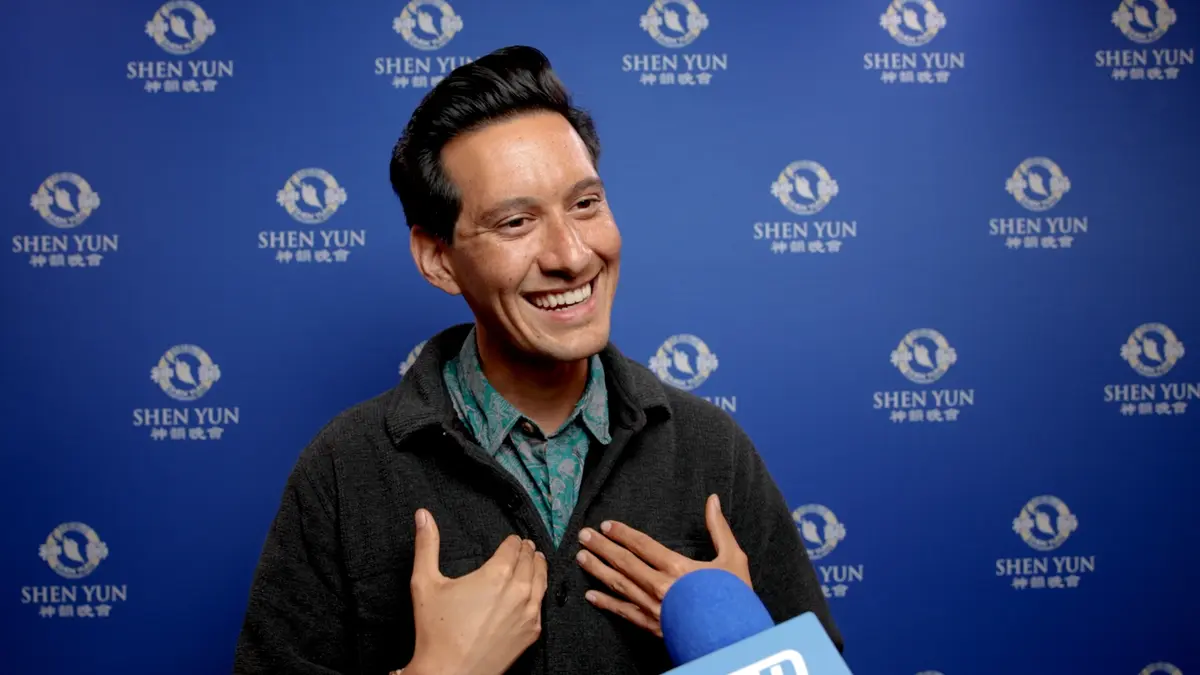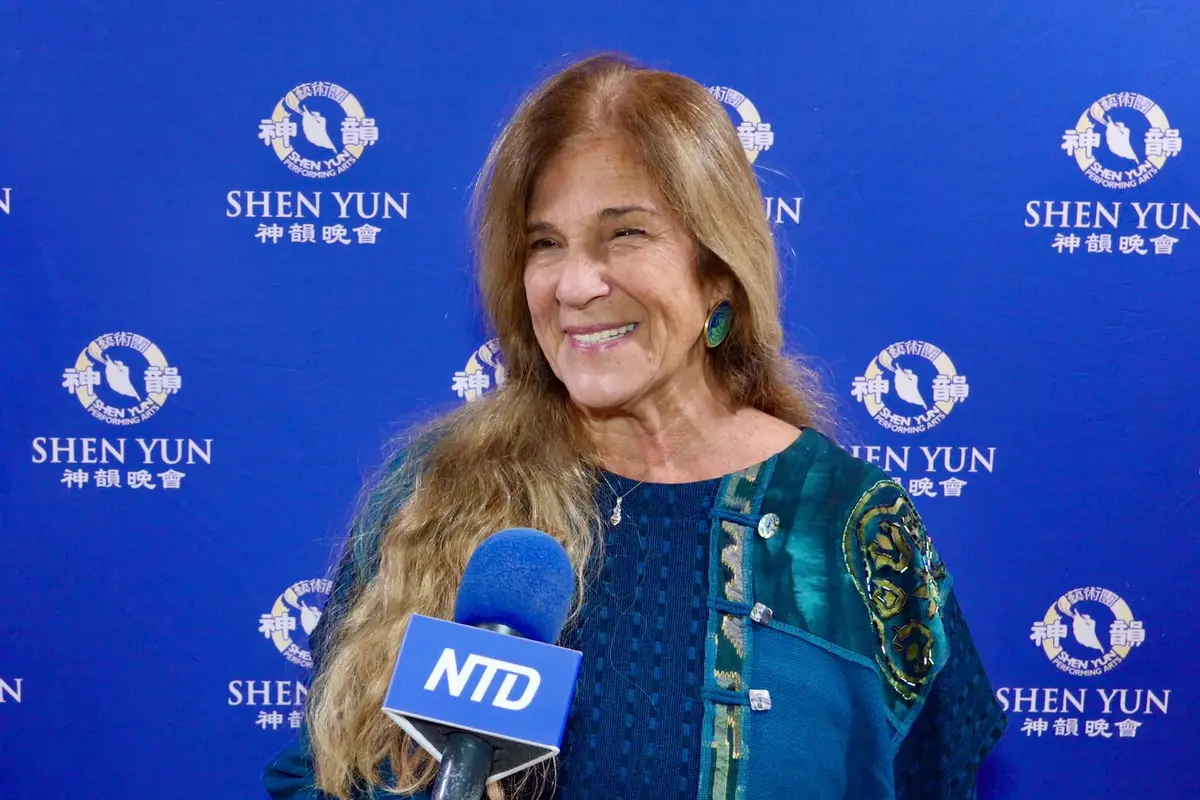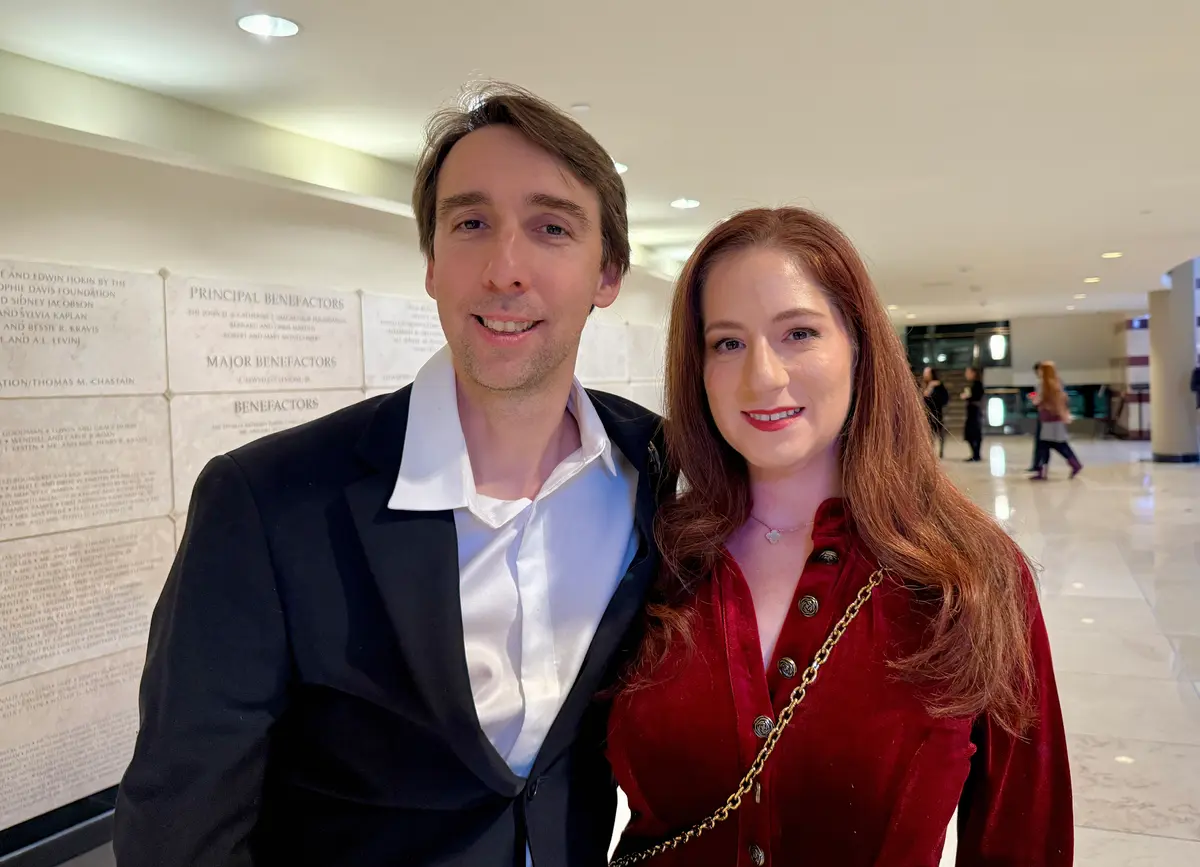When Yuchien Yuan speaks of music and the cello, the virtuoso is filled with calm and gratitude. Music is what has been with her all her life.
“I love the sound of it—the vibrant lower registers, the range. It’s so beautiful that my orchestra colleagues often say, jokingly, of course, ‘Oh, I wish I had learned the cello instead,'” Yuan said.
In our modern world so jampacked with noise, the sound of the cello still makes you stop and listen, Yuan mused. “When I play, I really get into it. Actually, there have been times when I was depressed—but then I play, and I feel like even if I have nothing in my life, if I have the cello, I’m OK.”
She added: “Through music, I have the chance to meet and communicate with audiences of different backgrounds from around the world and share my feelings and insights of arts and culture with them, as well as bring some beauty into the world.”
What Music Can Do
“Art is the pursuit of beauty,” Yuan said. “I think art is a very powerful medium, or means. It is like a language in that you can let people clearly understand what you want to express, but it also expresses what is indescribable.”“There are things that cannot be described or experienced through words, but art can present these things. As an artist, one must constantly improve and perfect one’s skills and abilities. The purpose is to show that which cannot be expressed in words,” Yuan said.
“Beautiful things that are beyond the mundane—things invisible and intangible—and share that with others in this complex world, so as to add something to their lives which is a little more pure and sincere.”
“To add more beauty, pure beauty, in our chaotic world, I think that our lives—and spirits—would all be elevated too,” she said. “I think that’s a wonderful thing an artist can do for society.”
The Sound of the Celestial Empire
Shen Yun’s orchestra is unlike any other in the sense that it has as permanent members of the ensemble instruments like the pipa (Chinese lute) and erhu (a bowed, two-stringed instrument). Chinese sounds and melodies are blended seamlessly into an otherwise Western orchestra, and the musicians harmonize East and West perfectly.“It’s not only about imitating the tone of Chinese instruments, but to capture the essence of different Chinese ethnic styles, including Mongolian, Yi, Tibetan, Miao, Dai, and other ethnic minorities in China,” she said. “You have to know their culture and musical characteristics, and know what each piece of music wants to present. It’s not just the superficial joy, anger, sorrow, but the source of those emotions.”
“After so many years of preparing like this, I’ve also broadened my knowledge of the humanities a lot,” Yuan said. She remarked that this was yet another aspect brought into her life through her cello that she is grateful for.
In learning about the figures of the past, she’s also experienced much about how the ancients lived, and feels there is much that modern society could learn. “Things like their morality, their spiritual values, and the mutual respect prevalent in the culture. This and many other things—it really is a good cultural heritage and worthy of rediscovering.”

